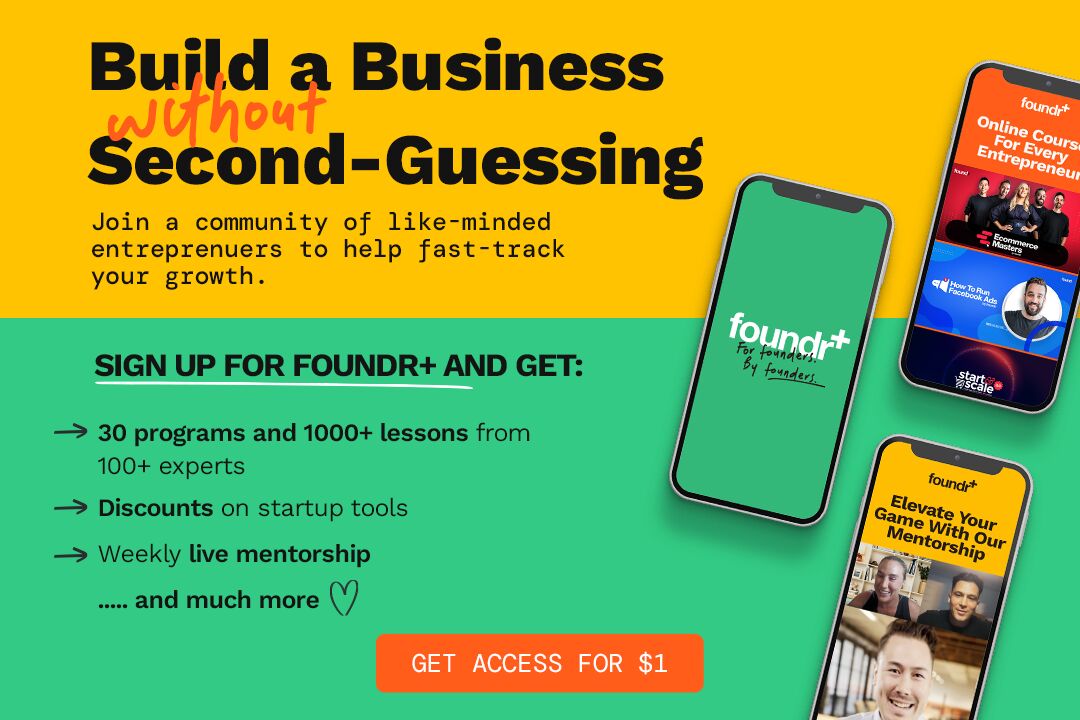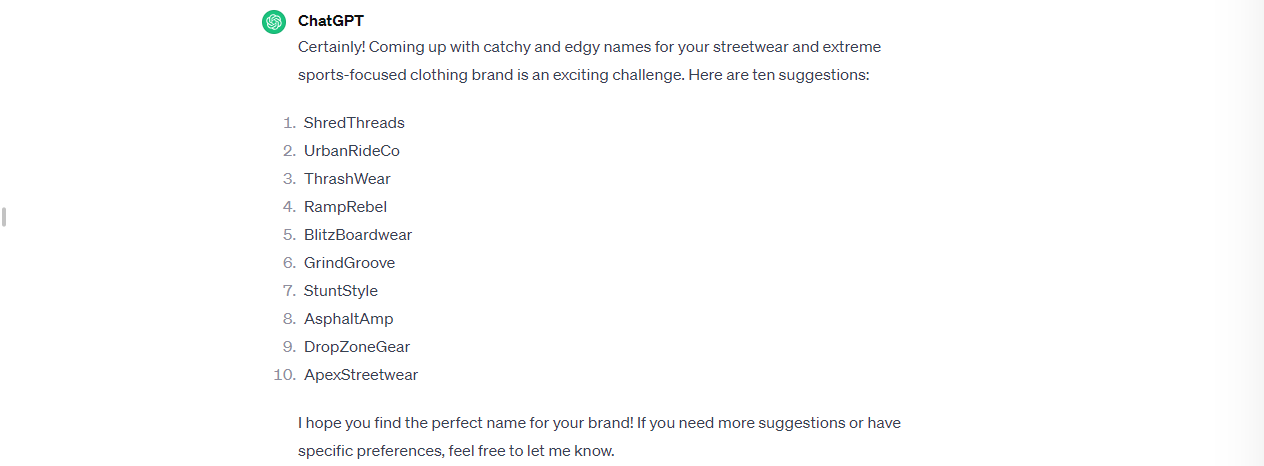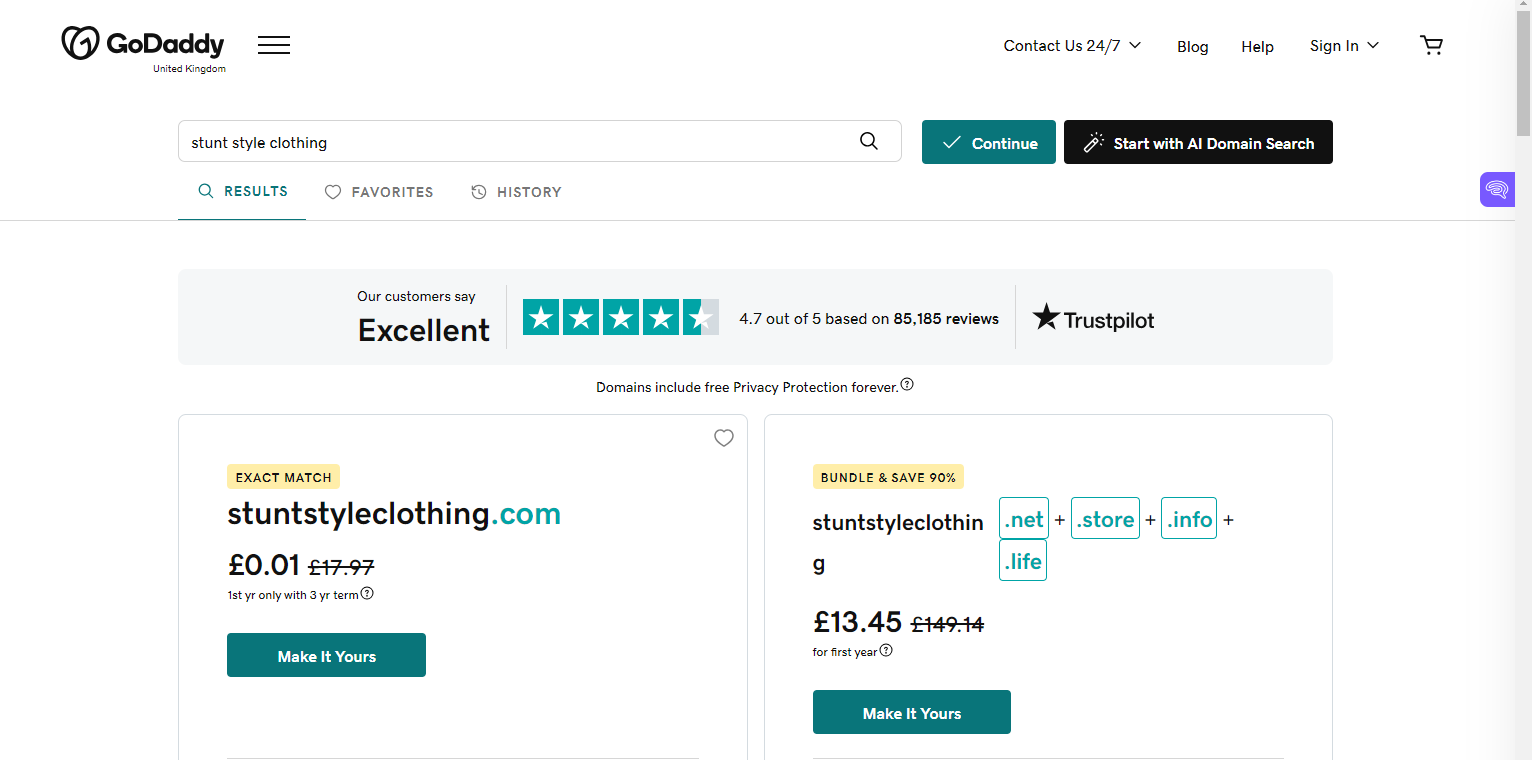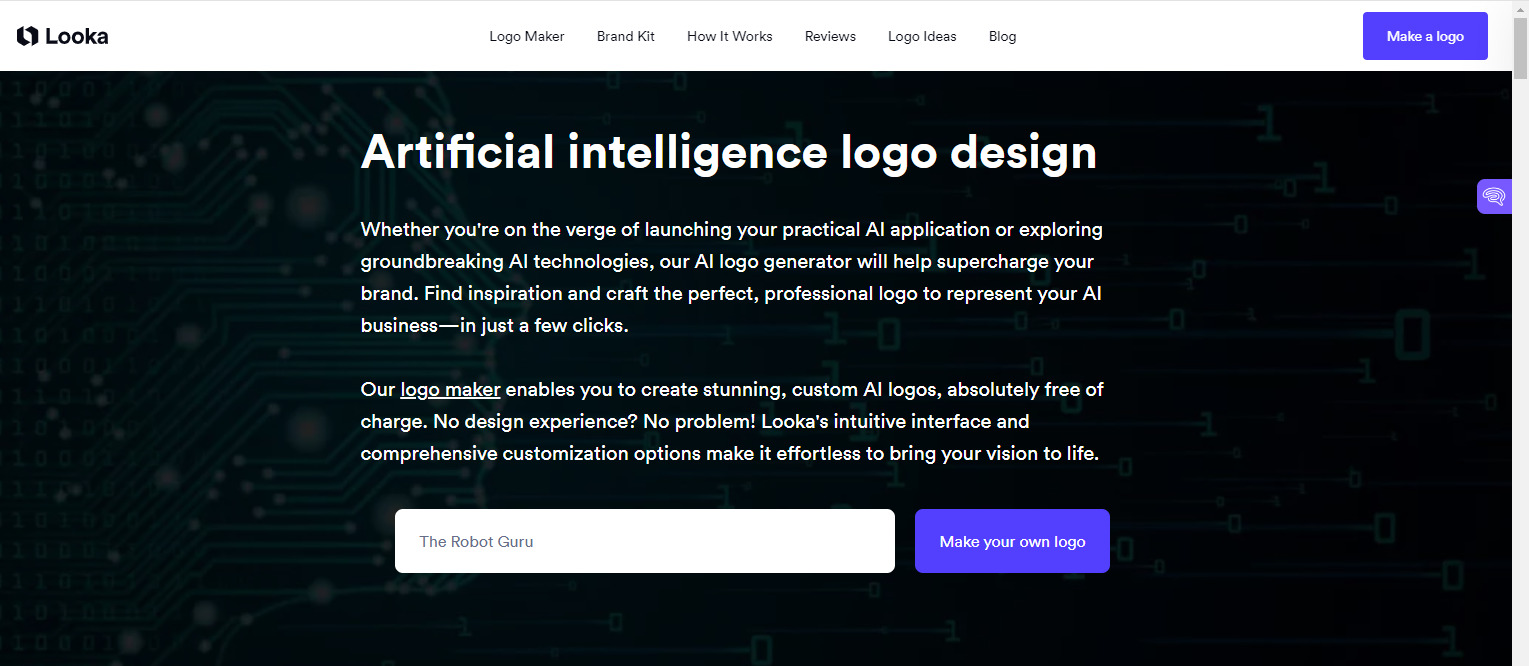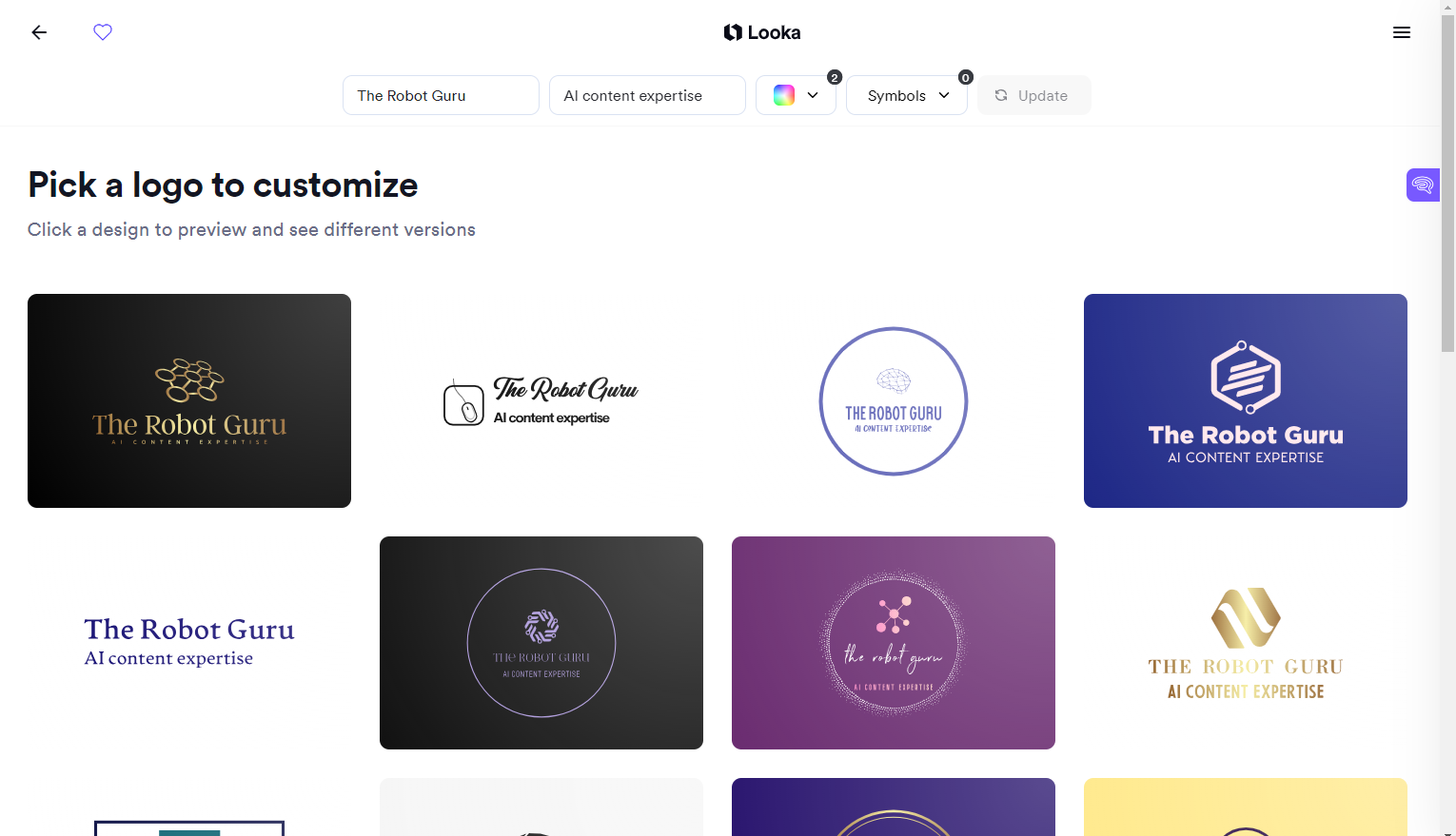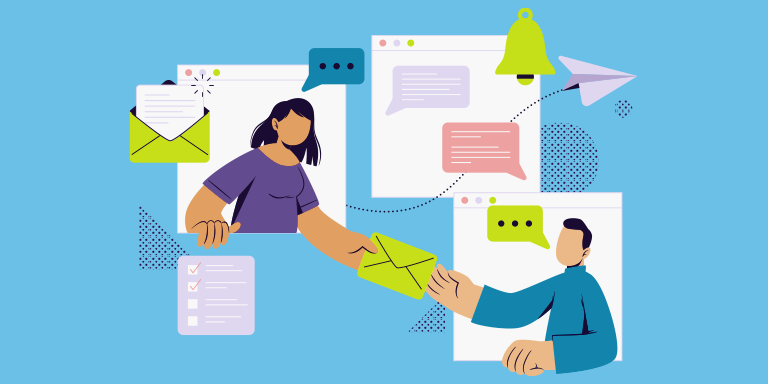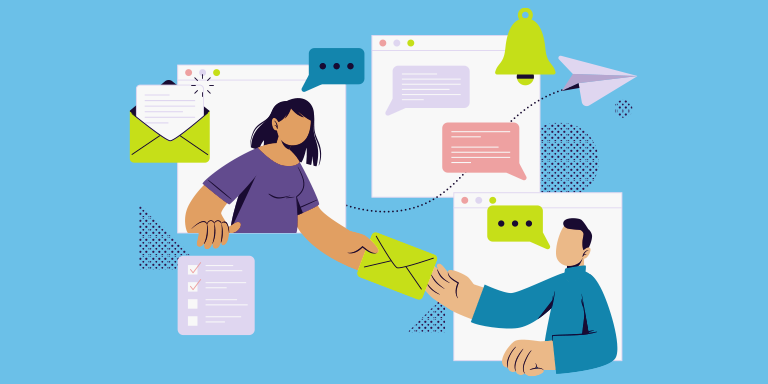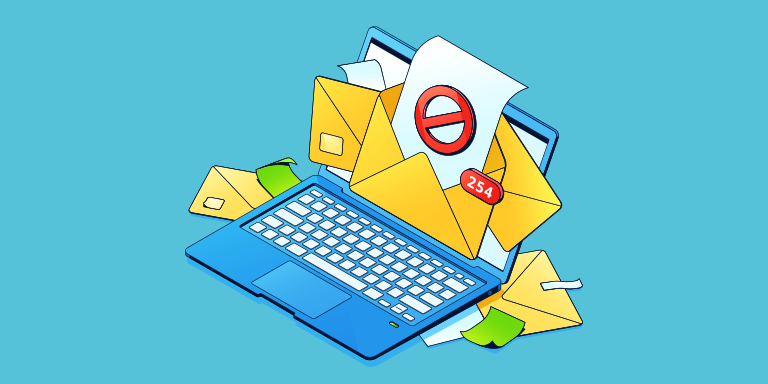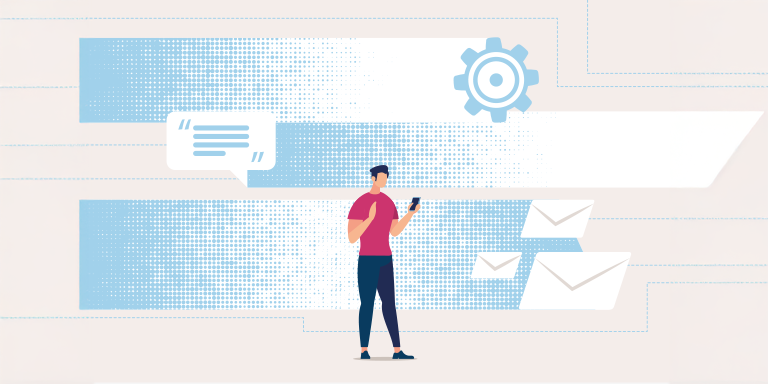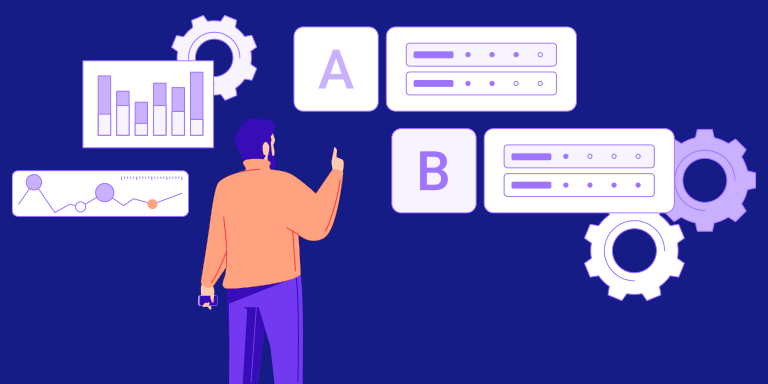The year 2022 will forever go down as the birth year of AI.
Historians will look back at 2022 as 1 B.A. (before AI) and 2023 as the first year of the new digital era.
Okay, so that might be a small exaggeration, but there is no denying the monumental impact AI has already had on everybody’s lives and how much is yet to come.
But one big question remains.
How can you use AI to start a business in 2025?
In this article, we will discuss how to use AI to start a business in 2025, helping you prepare yourself for the future and capitalize on this exciting (if not slightly terrifying) technology.
Table of Contents
AI Ecommerce Tools to Check Out
4 Businesses You Can Start Using AI
3 Common AI Business Pitfalls to Avoid
The Rise of AI in 2023
For anyone who has been living under a rock, 2023 was the year that AI burst onto the scene in a big way.
Sure, artificial intelligence has been lingering in the background, supporting founders and entrepreneurs for some years now in the form of algorithms, Google rankings, search engine optimization, and email marketing automation.
But this was the year that AI stepped up its game and took things to the next level with the developments in generative capabilities that we once thought would never be possible.
4 Businesses You Can Start Using AI
With all that in mind, let’s dive into our list of businesses you can consider starting by using AI in 2025.
1. An Ecommerce Business
When it comes to the world of ecommerce, it has never been easier to start your own business. Websites like Shopify make it easier than ever to launch your digital store, platforms like Upwork can quickly connect you with the freelance support you need to get started, and companies like Printful can take the burden of holding stock and delivering products while you grow your audience.
Throw AI into the mix as well, and suddenly, the process becomes even quicker. But rather than just viewing AI as a tool that can help you create a few generic blog posts to publish from time to time,
I want you to think bigger.
For example, tools like ChatGPT can easily whip up the framework you need for a robust privacy policy, terms and conditions page, or any other service page for that matter.
But let’s go back a step further. AI tools can act as your very own sounding board. Let’s say, for example, you are keen to create a streetwear clothing brand focused on skateboarding, snowboarding, and other extreme sports.
Why not ask ChatGPT to help us brainstorm some names?
Here’s what I got back from the tool:
A quick Google search of “Stunt Style Clothing” and it looks like we have a winner!
Just one more quick check…
Perfect! Just like that, AI has helped us create our brand name. We could also expand this further by asking ChatGPT to provide us with a tagline related to our chosen title or ask it for help establishing our company values, and so on.
Now that we have our streetwear brand, we can also start to consider imagery that we want to add to our clothing. Fortunately, tools like Midjourney can help.
These concepts would need a little more work but give you an insight into what’s possible.
As you can see, AI tools can do so much more for an ecommerce brand than simply generate articles, not to mention the negative impact that they can have on traffic, which I will touch on later in this article.
2. An AI Consultancy Brand
Aside from using AI to ramp up content creation and idea generation in ecommerce, AI is also set to disrupt the consultancy space in the coming years.
Bigger companies are notoriously slower on the uptake when it comes to new technology, given the many lines of red tape they must get through first.
But when they do get up to speed, and given they likely won’t have already employed an AI content expert at this stage (although chances are, most employees are already using ChatGPT at work), one of the first resources they will seek out is an AI consultant.
They will be desperate for advice on how they can capitalize on this new technology and use it to drive profits and growth because, well, capitalism.
And who will be standing there, ready to help their next phase of growth? You, the robot guru.
Okay, maybe don’t call yourself “The Robot Guru” (although it does have a certain ring to it), but you get my drift.
We are already seeing these types of roles start to appear on sites like Freelancer, Fiverr, and Upwork, and these freelance platforms are often a solid indicator of what is soon to hit the mainstream.
Now let’s say you have decided to become The Robot Guru (what can I say? It’s grown on me). The first thing you need to do is get a high-quality company logo.
To do this, let’s test out Looka, an AI logo generator.
Here’s what the tool provided us with:
Over 20 viable options for us to choose from and tweak further! All done with just a couple of clicks.
So, how do you become an AI consultant?
Well, the good news is the age of AI is still so new that anyone can become an AI expert with the right experience. That means subscribing to newsletters, digesting key content such as our AI Summit, and generally upskilling yourself until this is a service you feel confident providing.
3. Become an AI Prompt Engineer
AI consulting is not the only business you could consider launching in 2025. Another job that is sure to ramp up in demand over the coming years is AI prompt engineer. While there isn’t much demand for this job currently, that doesn’t mean that businesses won’t clamor for this service, like millennial women for a Taylor Swift concert (let’s face it, it’s not just women), and you can be there, ready to prompt their business into the age.
“But Graeme, what is AI prompt engineering?” I hear you ask through your device (not quite yet, but with the way things are going, maybe by 2025).
Well, an AI prompt engineer is essentially an expert in getting the best possible results from AI content tools by writing detailed and well-crafted prompts. An AI prompt engineer will know how to communicate with chosen AI tools to ensure the content produced meets brand requirements, mirrors tone of voice, and other key elements. This role will likely play a key role in content creation and marketing in general in the years to come.
4. Create Your Own Chatbot or AI Tool
AI consultancy might fit the bill for some, as they enjoy getting others up to speed with the new technology.
But for some, getting others up to speed won’t satisfy their needs. They want to be at the forefront of driving technology.
And for those of you who just read that sentence and clapped your hands together as a small feeling of opportunity and excitement washed over you, why not consider building your own AI tool?
Rather than becoming a master of the tools already out there, why not create your own with an innovation that helps drive the conversation forward?
Since ChatGPT was thrust onto center stage over a year ago, many different iterations have come to the market, as the OpenAI code is easy to access.
With the right skills and expertise in your ranks and a unique selling point that sets you apart from other chatbots and tools already in existence, there is still time to become the go-to AI platform for certain needs.
For example, tools like Instantly.ai have risen to prominence, as they have used generative AI to create a tool designed to speed up the cold email process.
Even though AI is flashy and new, the same business principles that we teach here at foundr apply: Identify a problem, solve it for a target market, create a unique selling proposition, and get to work promoting your new invention! The beauty of this business model is that once your platform has been created, you can make minor tweaks, all while taking a tidy profit from your monthly subscribers.
Keep Learning: How to Start a Startup (Advice from Those Who’ve Done It)
AI Ecommerce Tools to Check Out in 2025
Of course, while AI can certainly speed up the business creation process, it can’t do everything for you!
So let’s take a look at some of the tools that you can use to improve your current business or even launch a new one in 2025.
Tools for text content creation
First, there are many tools to consider for content creation, such as ChatGPT, Claude, GravityWrite, and more.
Originality.ai has been reviewing each of these tools impartially, testing each one out and helping you decide which one is right for your needs. There are over 100 reviews on there now, and you can check them out here, along with some other great AI-based content.
Tools for graphics
While text generation is certainly the most mainstream AI tool currently, there are also plenty of tools that can help with your graphic content generation, such as company logos, product imagery, and other imagery requirements.
These include Colormind, Looka, Photo AI, and Midjourney, to name a few.
Tools for ecommerce and marketing
Ecommerce and marketing AI tools are where the fun really begins, with a wide variety of tools to help you build apps, create landing pages, implement dynamic pricing, and so much more.
Some of the best tools to consider adding to your ecommerce brand include Replo, Minderest, Ad Creative AI, Imagica, Shopify’s Sidekick, and more.
3 Common AI Business Pitfalls to Avoid
Now, while all those options sound extremely exciting (as they should; they took me a long time to pull together!), there are some caveats to be aware of.
But remember, there are caveats for everything in life! While you should certainly bear these common pitfalls in mind, don’t let them stop you from creating your brand-new AI-focused business.
1. Don’t Get Google’d
In late 2023, Google made some pretty significant algorithm updates, which had a major impact on how they rank content on the first page of Google and severely impacted the approach of SEO experts and businesses across industries.
“Why? How could you do this to me and my family?” are just some of the questions being asked by website and business owners (well, the dramatic ones anyway).
The main purpose for the significant update, which aims to promote content that adds value, brings the conversation forward, and demotes content that seems generic or mundane, is to ensure that they are future-proof to the imminent influx of AI-generated content.
Gone are the days of generating articles and slapping a few keywords in there for good measure. Now, you need to provide your readers with well-thought-out, insightful, and downright entertaining content, or Google ain’t gonna play ball.
You need to provide your readers with well-thought-out, insightful, and downright entertaining content, or Google ain’t gonna play ball.
A secondary purpose that many are speculating about is slightly more cynical.
Ever heard of AI model collapse?
No, neither had I. But after doing a little digging, it’s clear that if AI learns from AI-generated content, it goes to mush.
The human equivalent I can think of is imagining talking to yourself in a mirror. At some point, you’re going to break down and start crying (my current record is 47 seconds).
And what do AI models, including Google’s creation Gemini, all learn from? The top search results, of course! So, to ensure AI-generated content doesn’t flood the front page, they need to continue promoting human-written content to the top—for now, at least—to continue feeding its models and moving the technology forward.
Am I happy my work is likely feeding into an AI robot? Not really.
Am I pleased it means my writing still has value? Absolutely.
With all that in mind, it is important that you don’t fall into the trap of simply generating content, adding some key terms, and posting them. That’s so 2023, and it’s not going to cut it.
2. Quantity Over Authority
Instead, if you opt to become an AI prompt engineer, provide AI content consultancy, or use AI to help speed up your content creation process in any way, do so cautiously, ensuring you always add your own personal touch and authenticity to anything you create.
As Google stated in its big 2023 November update, they are looking to promote content that brings the conversation forward, adds value to what is already out there, and shows off authenticity and authority.
For example, if you plan on using AI to speed up the content production element of your ecommerce store, by all means, use tools like ChatGPT to help generate content ideas and even outlines, but always ensure you add your own personal touch, opinion, and value to any content you produce.
3. You’ve Still Got to Put in the Work
As you’ll likely have gathered from this article and our recent AI Summit, AI was an industry disrupter in 2023, but it’s set to be a game changer in 2025. When used correctly, various AI tools have the power to rapidly increase the speed (and, in some instances, quality) of production, marketing, and sales.
But you’ve still got to roll up your sleeves and put in the work.
Just because the tools are readily available doesn’t mean you can start taking it easy. After all, these tools aren’t just available to you; they’re available to your competitors, too. Not only that, but they will also lead to more competitors in your industry as they help break down the barriers to entry for other potential entrepreneurs.
These tools aren’t just available to you; they’re available to your competitors, too.
But with the right tools and approach and the hard work that has taken your business this far, AI tools can take you to the next level.
Don’t Wait to Start an AI Business In 2025
As the old saying goes, the best time to do something was yesterday.
The second best time? Today.
While it might seem like many people have already jumped on the AI train, and it feels like it’s already left the station, we are actually just at the start of what is sure to revolutionize the way we work, think, operate, and live in the coming years.
People said the internet boom would disrupt the work landscape, and AI is set to give it a run for its money.
Speaking of money, you can get access to all the AI tools and training you need to start making some from your AI-based venture via the foundr+ all-access membership.

